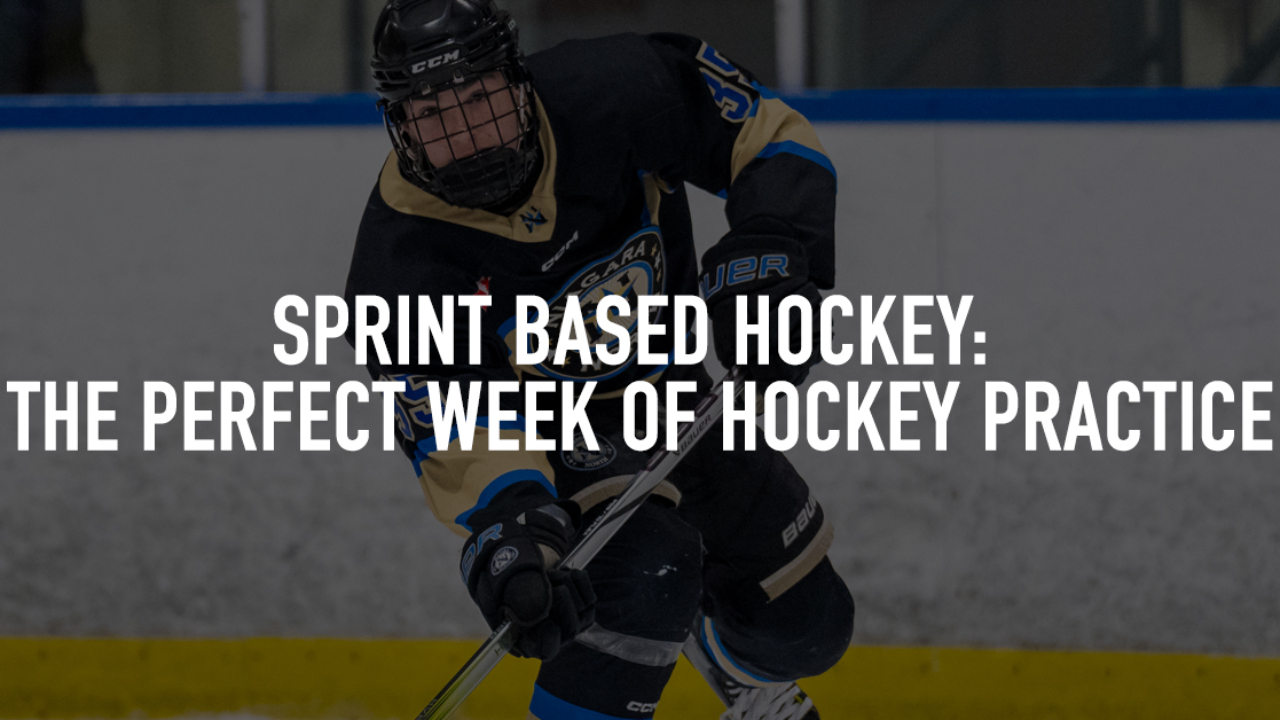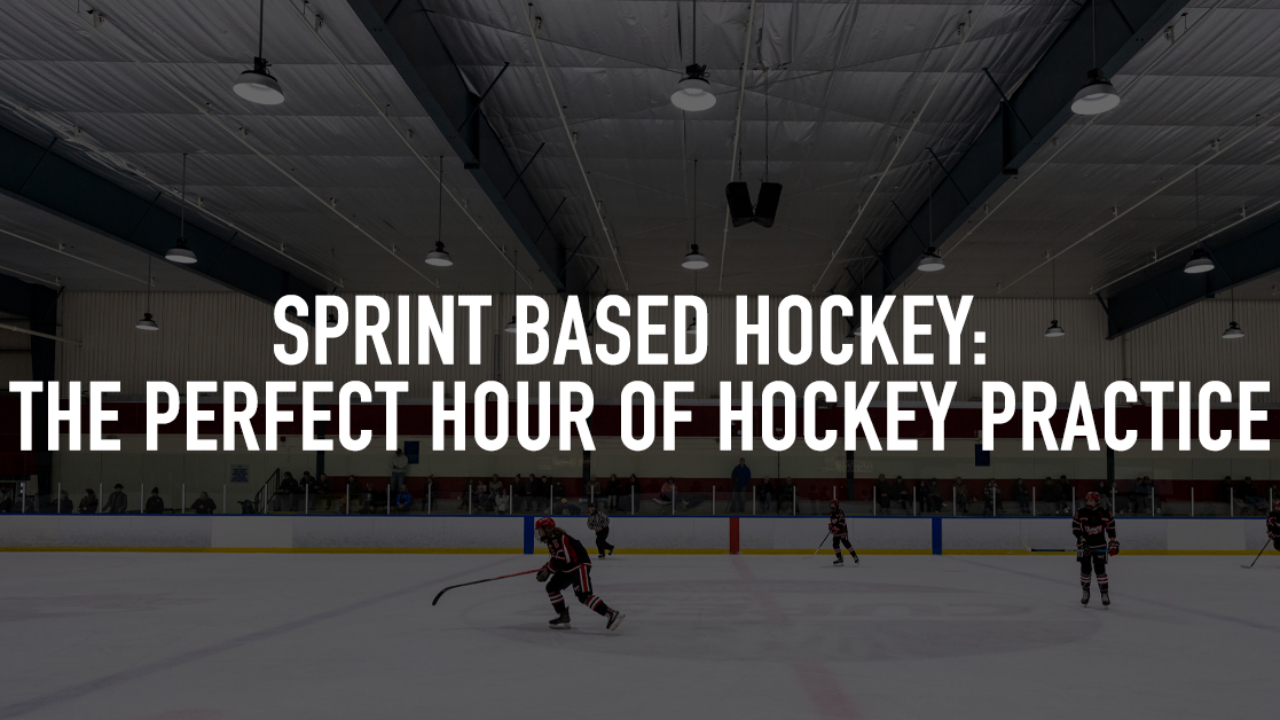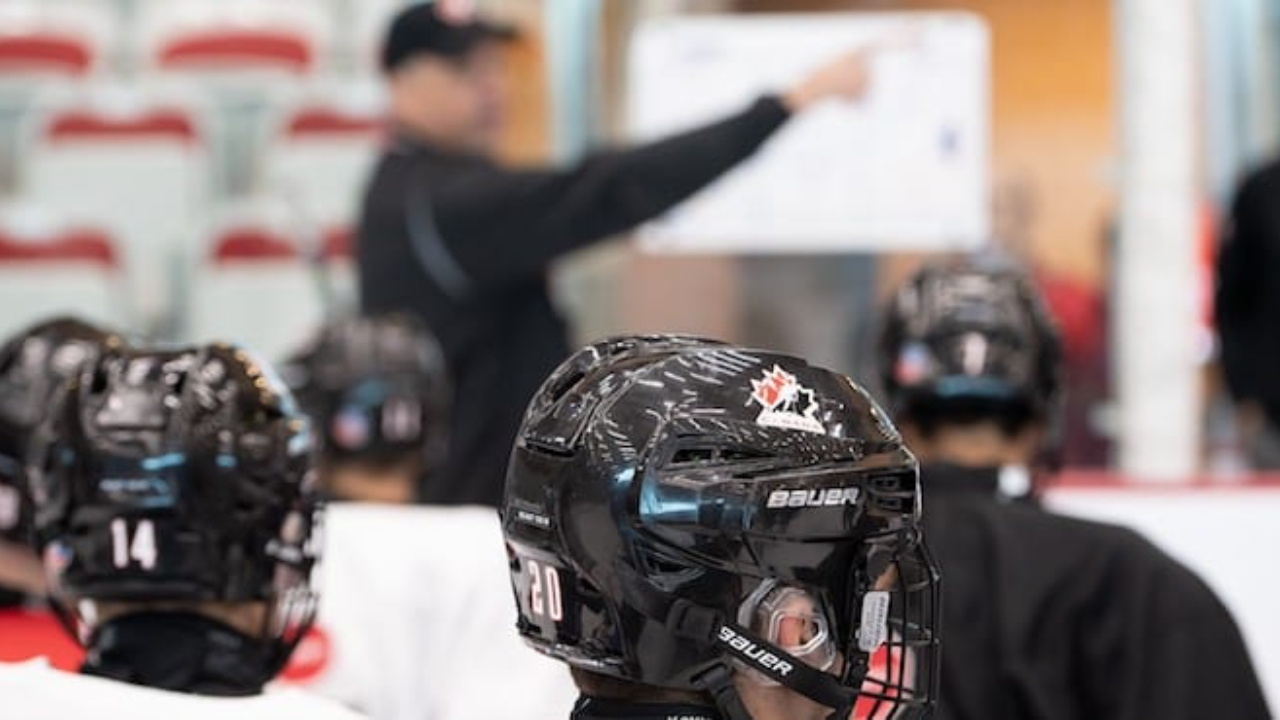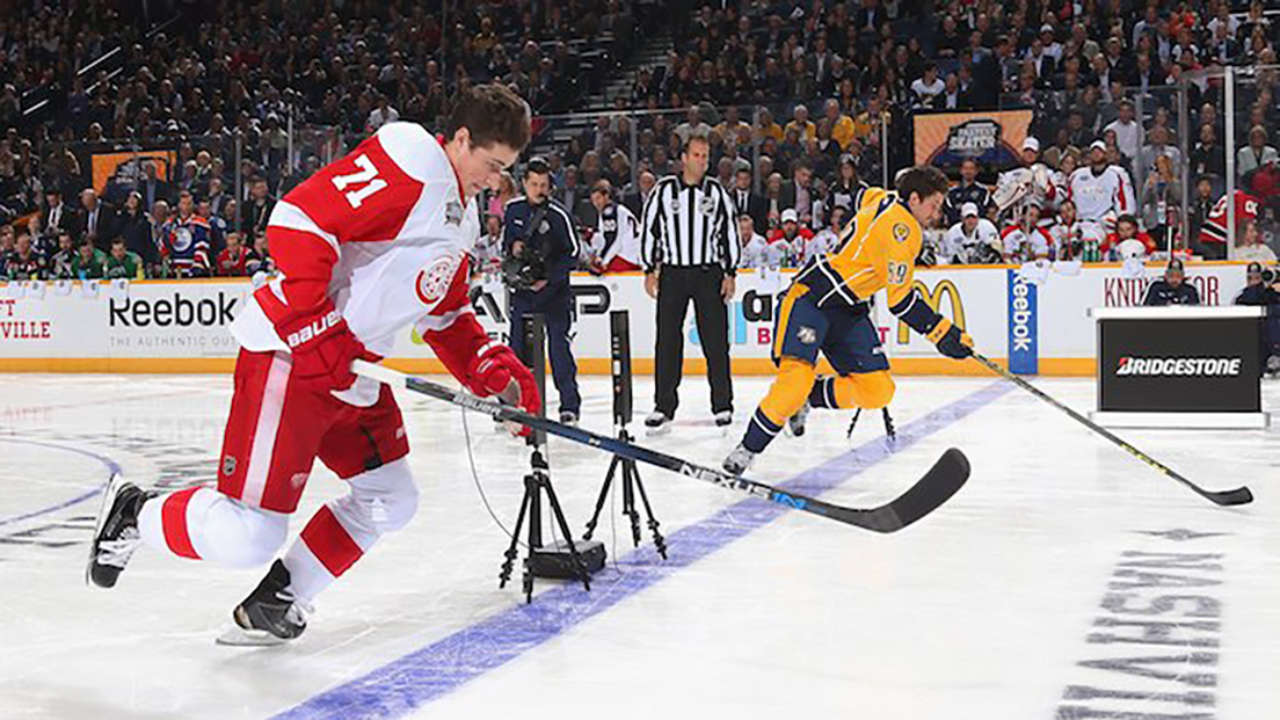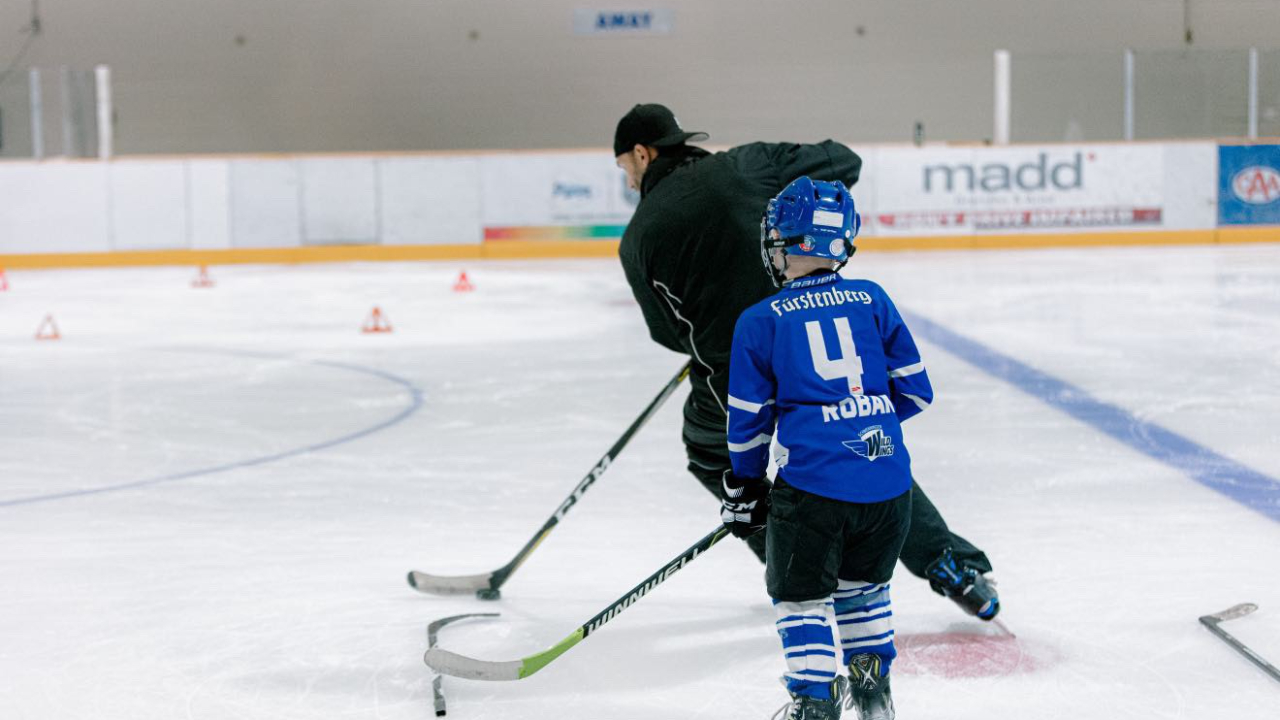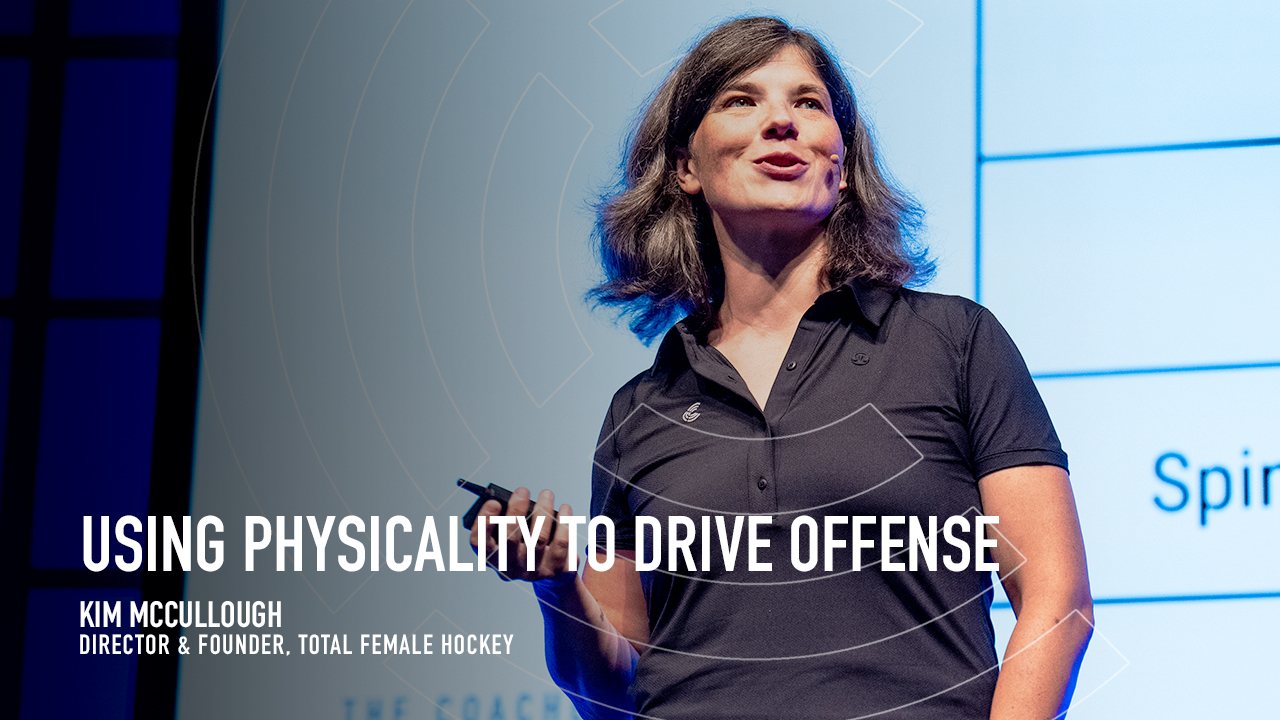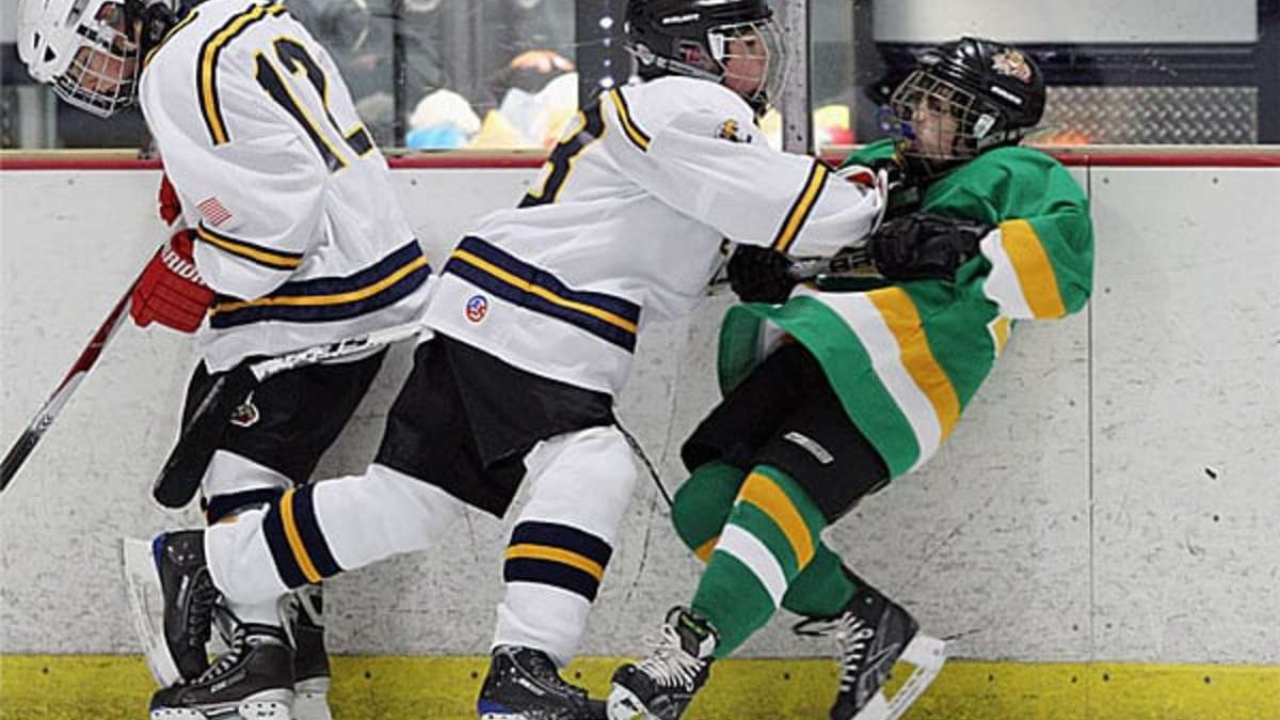
One of the most frequently heard expressions in the sports world is “practice like you play.” Coaches continually stress the importance of players giving their all during practice to ensure that, when it’s game time, you’re fully prepared to perform at your highest level. Last season, while coaching a U15 team, I went beyond the usual expectations of effort by encouraging players to incorporate body checking during practice. After one practice while walking to my vehicle, a parent approached me to share their philosophy and why they didnt agree to this approach. This encounter inspired me to write this article, explaining why I persisted with these practices and why I continued this trait with our U13 female team this season, which also uses body contact during practice. This physicality is becoming a defining aspect of our team's presence in our league.
Practice Like You Play
Practicing like you play has numerous benefits. Most importantly, it helps athletes develop muscle memory and fine-tune their skills under pressure. When you consistently practice at game-level intensity, you condition your body and mind to perform at a high level even in high-stress situations. This level of preparation gives you a significant advantage when it comes to executing crucial plays or making split-second decisions during a game.
Practicing like you play is about developing a winning mindset and creating a competitive edge. By pushing limits and embracing the intensity of game-like situations, you are setting your team up for success when it matters most.
The Role of Body Contact in Practices
The role of body contact in team sports practices cannot be overlooked. Incorporating physicality and hitting into drills can greatly enhance the development and performance of athletes.
Body contact in practice allows players to become accustomed to the physicality of the game. In team sports like football, rugby, and hockey, players must learn how to navigate and react to contact from opponents effectively. By including body contact in practice, players can develop their strength, agility, and balance in high-pressure situations. This ultimately leads to improved performance during actual games, as players become more confident in their ability to withstand physical challenges.
Transforming Practice to Performance: From Practice to Game Day
When it comes to sports, the ultimate goal of practicing is to prepare yourself and your team for game day. You want to be able to seamlessly transition from the training ground to the actual competition and perform at your best. This is where the concept of “practice like you play” truly comes into play.
Transforming practice to game performance requires a holistic approach. It’s not just about mastering the physical aspects of the game, but also stretching your mental skills and developing a winning mindset. As you push your team to the limits during practice, you build resilience, determination, and mental toughness – qualities that are crucial in high-pressure game situations.



